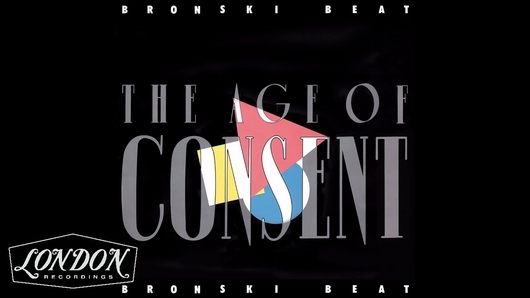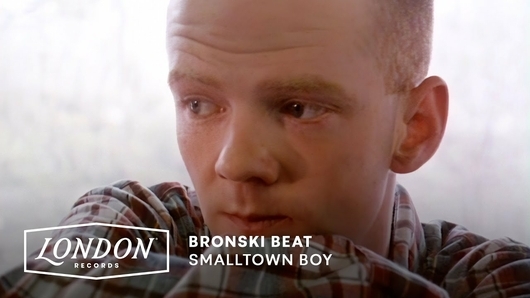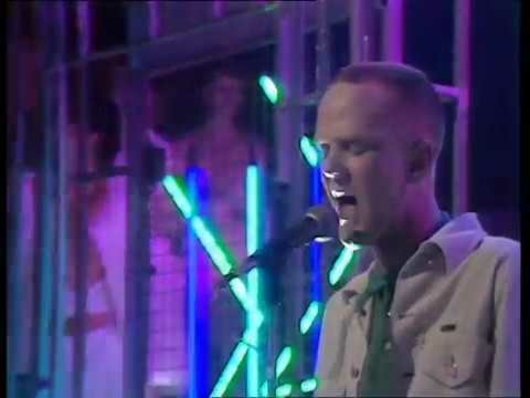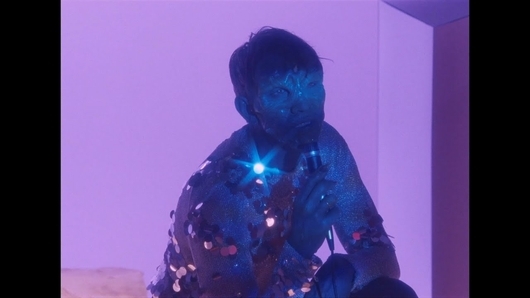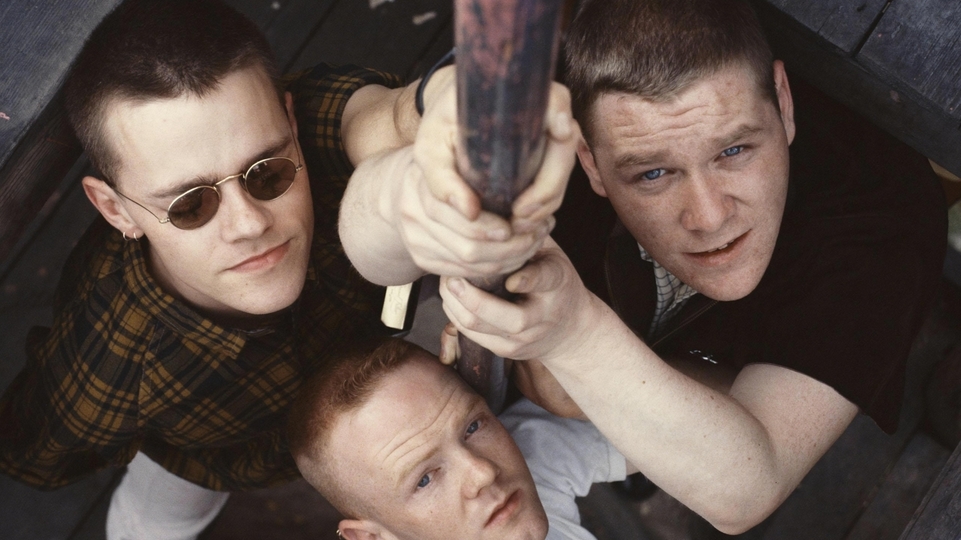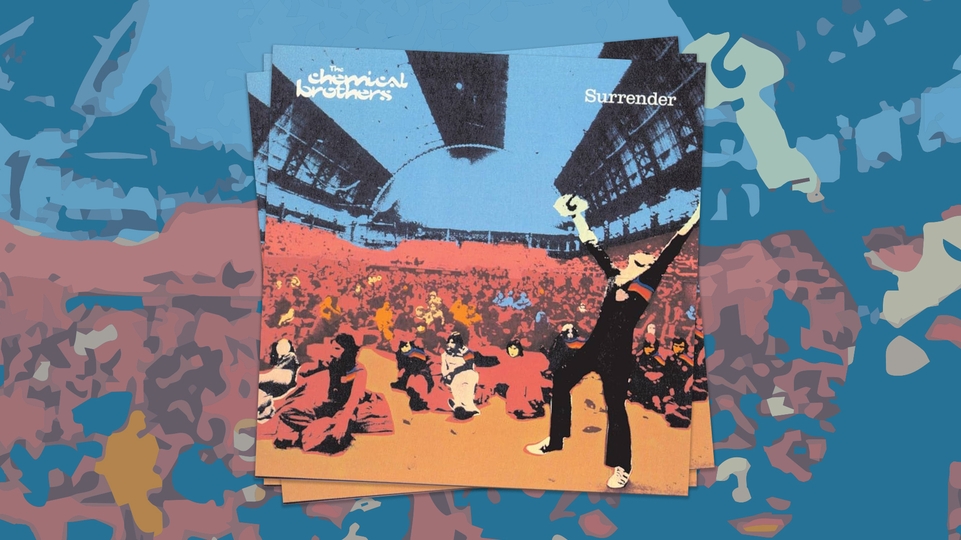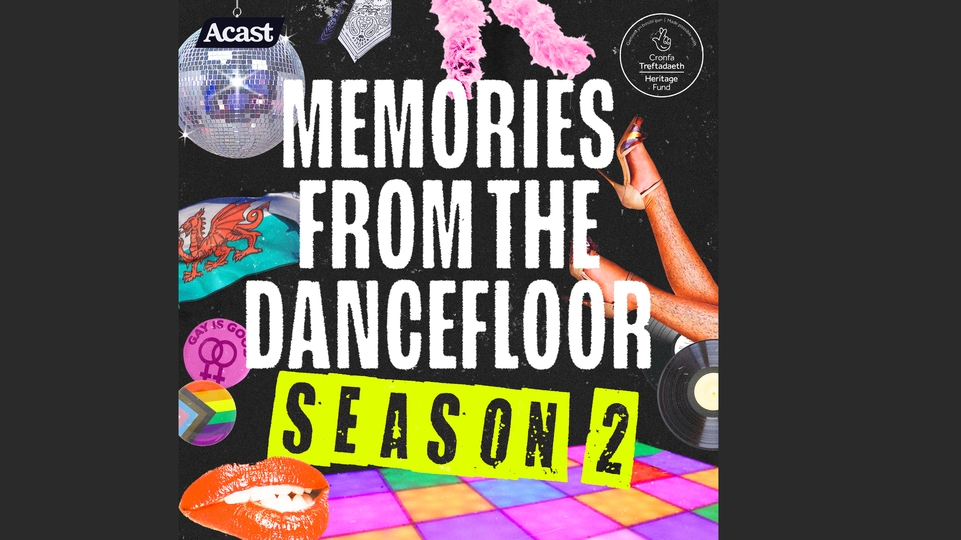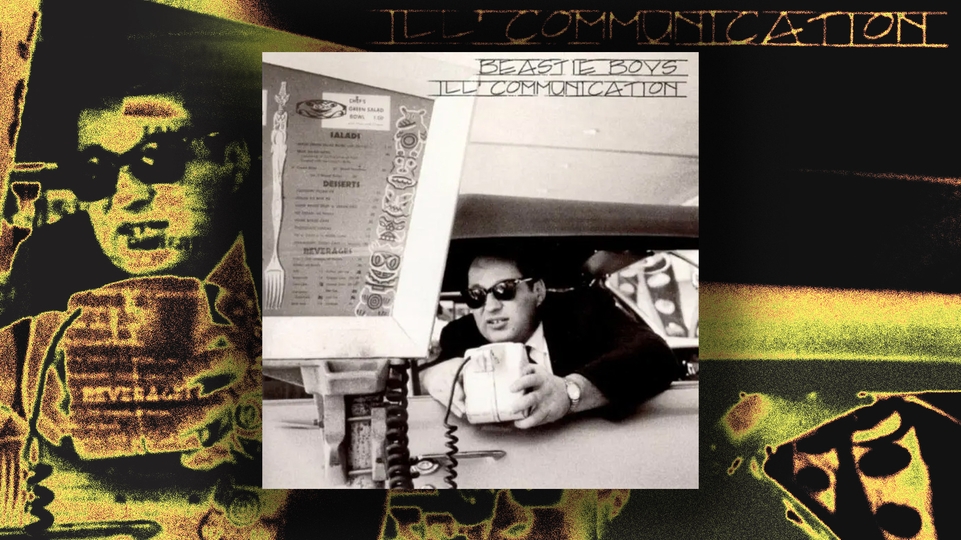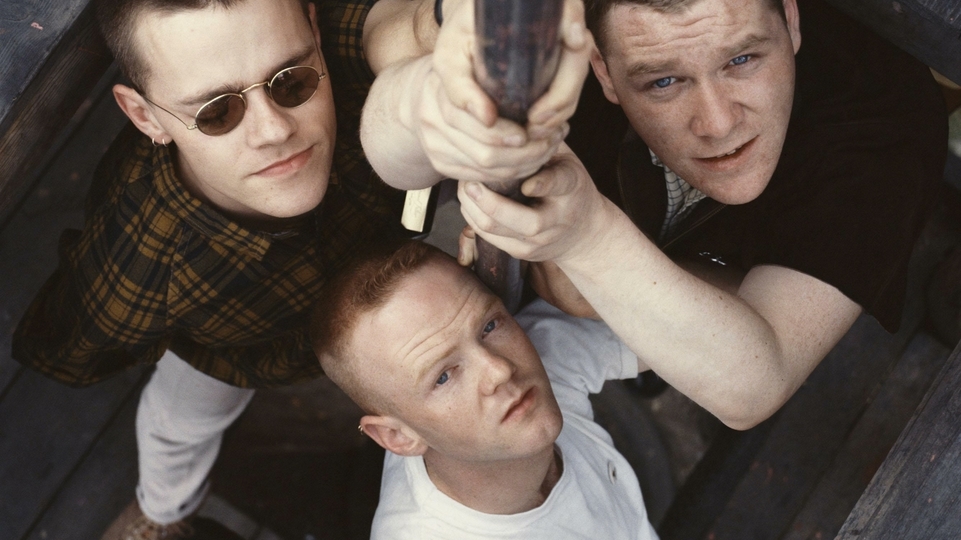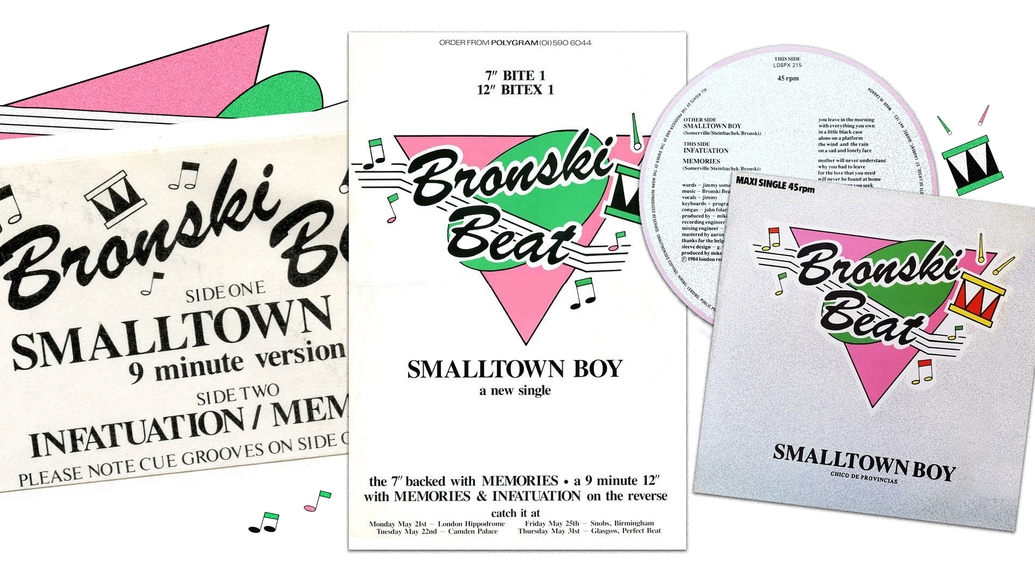
How Bronski Beat’s ‘Smalltown Boy’ became an enduring anthem of queer liberation
Released on 25th May 1984, ‘Smalltown Boy’ launched the gay synth-pop band Bronski Beat into the charts and onto dancefloors with its glorious synths, hi-NRG production and Jimmy Somerville’s soaring falsetto, which sang a story of rejection, pain and escape. Here, with the help of musicians, its iconic video's director and others, Bailey Slater explores how, four decades on, it remains an unflinching anthem of queer liberation
When you think of the voices that defined a generation, the 1980s had plenty of options. From Sade and Sinead O’Connor to George Michael and Whitney Houston, these singers seemed to confirm that the divine was not only real, but living amongst us. Among those stars, however, you’ll find a most unlikely contender in the form of a young, scarlet-haired Glaswegian, whose angelic falsetto became a rallying cry of unflinching queerness that never once wavered in its pursuit of liberation.
That voice, of course, belongs to Jimmy Somerville, the cherubic face of Bronski Beat, a trio of gay melody makers completed by the late Steve Bronski and Larry Steinbachek. These unassuming figures introduced themselves to the masses on 25th May 1984 with the release of their debut single, ‘Smalltown Boy’, and in turn, set the stage for generations of LGBTQ+ artists to march proudly behind them. At the heart of this synth-pop psalm is Somerville, whose vocals soar high above the instantly recognisable melodies, melancholic hi-NRG bassline and pulsing drums to tell a story of familial rejection, pain and escape. But how exactly did this timeless anthem of otherness in suburbia become one of the decade’s most enduringly sombre floor fillers?
“We absolutely knew that this was potentially a life-changing record for many people,” recalls Colin Bell, the openly gay former Managing Director of London Recordings, who took a punt on releasing the song. “It’s probably the record I am most proud of because it actually was risky. Turning it into a hit wasn’t as straightforward as you think.”
Bell first encountered the boys at a meeting for the Greater London Council in 1983, then under the steerage of Ken Livingstone, where funds were being allocated for a first-of-its-kind lesbian and gay arts festival, September In The Pink. The fledgling band attended after reading about it in the Capital Gay newspaper; they played their demo tape to the committee, and were subsequently invited to perform at the event in London’s premier gay nightclub, Heaven.
The group had come together just a few months before, through a series of fortuitous chance encounters and budding friendships. Somerville had met Steinbachek through the artist Jill Whisson, whose work would later appear on the sleeves of ‘Smalltown Boy’ and their cover of Donna Summer’s disco anthem, ‘I Feel Love’. It was shortly after he had been evicted from his West End squat, where he’d lived with the film director Connie Giannaris; they both ended up moving into Whisson and Steinbachek’s Brixton abode. Steinbachek, meanwhile, had recently been introduced by an ex-boyfriend to the eponymous Bronski, another Glasgow transplant; the pair shacked up soon after.
The track they played at that meeting was a version of their first-ever collaboration, ‘Screaming’, which Somerville had initially recorded solo for the soundtrack of a film project he was involved in called Framed Youth: Revenge of the Teenage Perverts. When Steinbachek and Bronski, who were already dabbling with synthesisers in the former’s home studio, heard his vocal take, backed only by a drum machine, they were stunned by his singing, and quickly added a keyboard part using a Tascam portastudio.
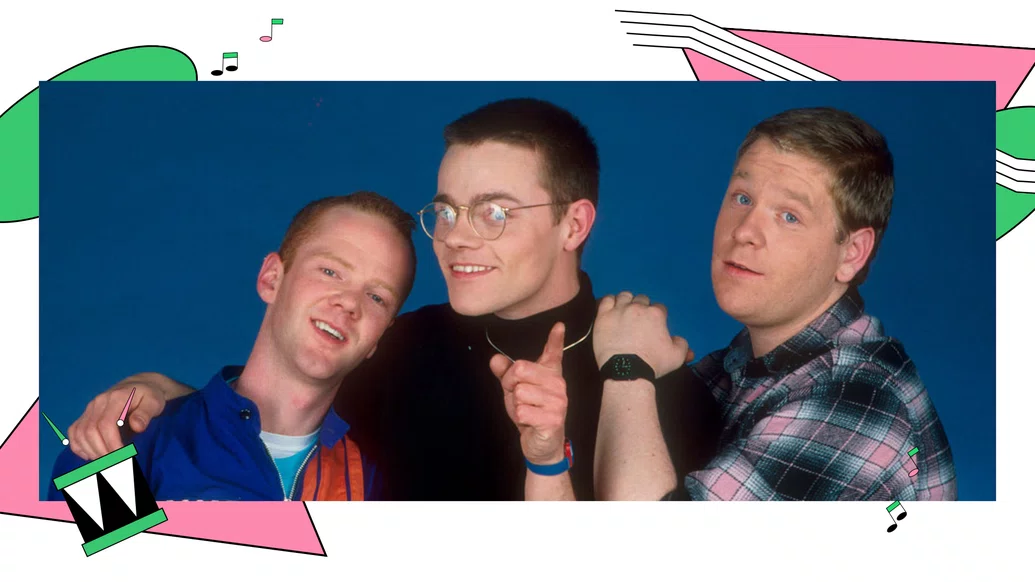
There were never any official plans to form a band per se, but from there, things started happening: they fashioned their name in a punny tribute to Roxy Music, a tongue-in-cheek suggestion by Bronski, and began fashioning themselves into a musical tour-de-force.
The group’s influences came from both sides of the Atlantic. Somerville had been obsessed by Giorgio Moroder’s hi-NRG synth sounds from the first time he heard Donna Summer as a teenager, later dancing to them and gay anthems by Village People in Glasgow club Shuffles. The UK capital around this time was a hotbed of subcultures, emanating from artists’ squats across the city and into the hedonistic clubs and fashion scenes populated by Blitz Kids, Wag Club-goers and future patrons of Leigh Bowery’s Taboo. The AIDS epidemic was yet to decimate these spaces, despite having claimed the life of DJ Terry Higgins a year earlier, and the city's LGBTQIA+ community was making great strides in its bid for wider acceptance.
Bronski Beat were regulars in the King’s Cross venue, The Bell, a crucial hub for the London queer community that hosted alternative music nights. It was there that they had their first gig, playing the six songs they had, and obliging an encore to play them all again.
It was during a gig at Marylebone’s Cockpit Theatre that Bell heard ‘Smalltown Boy’ for the first time, alongside a London Records A&R. He knew instantly that he had to sign it. After beating out Virgin and RCA for the deal, his next order of business was to bring in producer Mike Thorne, who was still riding high off the era-defining success of Soft Cell’s ‘Tainted Love’, the UK’s biggest-selling single of 1981. Thorne was an early adopter of the synth, and saw Bronski Beat’s vision clearly from the get-go, melding their overt queer politics and mesmeric melodies with the odd sprinkling of marimba and shattered glass to produce their debut album, ‘The Age Of Consent’, in its entirety.
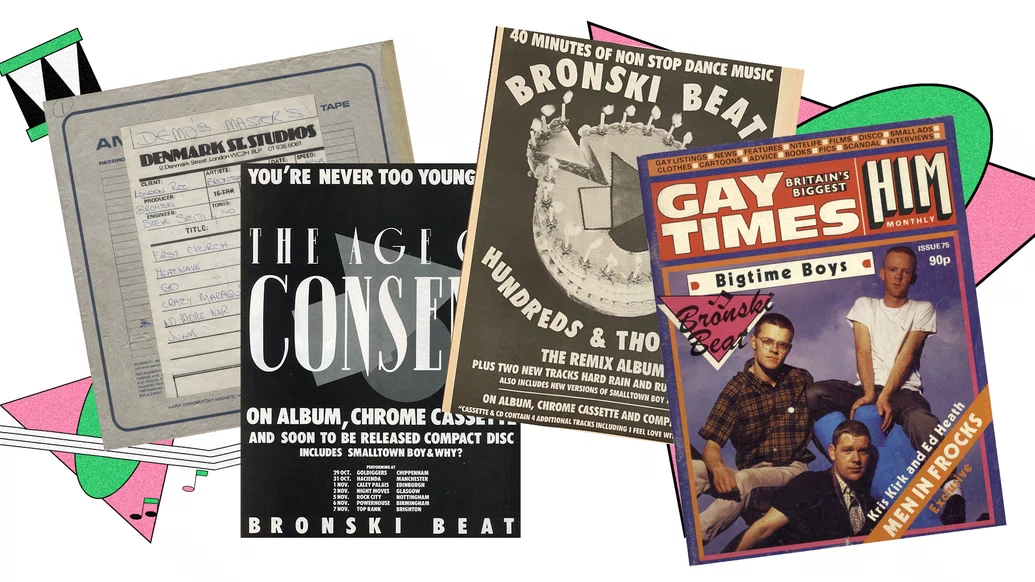
“That’s what’s so powerful about it, the film deals with it very concisely, and without words. It’s all implication. You have to fill in the narrative for yourself.” – Bernard Rose
‘Smalltown Boy’ was recorded in Ultravox lead singer John Foxx’s Garden studio in Shoreditch, along with album tracks ‘Memories’ and ‘Infatuation’. Focused on enhancing Bronski and Steinbachek’s irresistible keys, Thorne charged forth with a sound that straddled the soulful origins of American disco and the newer, synth-heavy electro styles emanating from dancefloors across Europe. Having pioneered his own method of cutting a 12” extended dance record a few years prior so DJs could play them, there couldn’t have been a better man for the job.
The resulting blend of body-writhing keys, thunderclap snares and hymnal belting speaks to a great and universal dance tradition, communicating the pain of life in a language understood by both your neighbour or local ACT UP activist. A lyric like “The love that you need will never be found at home” so viscerally acknowledges how otherness tends to fare in suburbia, while the track’s weighty foundation, Somerville’s harrowing middle eight, illuminates a possibility to escape this battlefield entirely.
40 years on, Thorne is still taken by the track’s opening gut-punch. “‘Alone on a platform, the wind and rain on a sad and lonely face’ – we've all been there,” he says. “It might’ve been seen as a Boystown song – but it appeals across the board.”
Though the story plays out through a decidedly queer lens – “Everyone already knew, we didn’t make any secrets about our sexuality,” Somerville once told an interviewer of the song’s pointed address of homophobia – the band and their label were particular about its message reading universally. “There's a lot of people who don't feel that they don't want to be trapped in the communities that they grew up in,” Somerville continued. “They don't want [to listen to] the people who've told them all their lives what to do and how to do it – they want to move away from that."
Bell brought in soon-to-be Hollywood filmmaker Bernard Rose to construct the track’s now-iconic music video. “I thought it was so beautiful,” says Rose. “It’s narrative is quite like a country song, but it’s also a disco record; it’s an odd mix.”
We first meet Somerville gazing out a window onto criss-crossing railway lines, fantasising over a lusty swimmer he attempted to cruise at a local swimming bath. Pausing to munch on the sandwich he packed for the road, we see vignettes of a subsequent gay-bashing and a stern word from his father. These scenes were storyboarded by Somerville’s flatmate, Giannaris, while Bell himself would appear as policeman, returning the bruised and beaten lead to his familial home before he flees to the big gay city with Bronski and Steinbachek in tow.
Having laid-bare the inner-workings of an S&M club for Frankie Goes To Hollywood’s uber-erotic ‘Relax’ video a few months prior (the song itself would endure a brief banning by the BBC owing to its lyrical allusions to homosexual love), Rose anticipated backlash by hiding any explicit allusions to smoking, drinking and violence in the video. The band had originally intended to depict a far more graphic homophobic assault scene that also involved cottaging, the practice of cruising for gay sex in public spaces, but were eventually dissuaded by Bell, fearing a similar backlash.
Rose remains immensely proud of the project to this day, and believes the story's endurance lies in its ambiguities and lack of definition. “That’s what’s so powerful about it, the film deals with it very concisely, and without words. It’s all implication,” he says. “You have to fill in the narrative for yourself.”
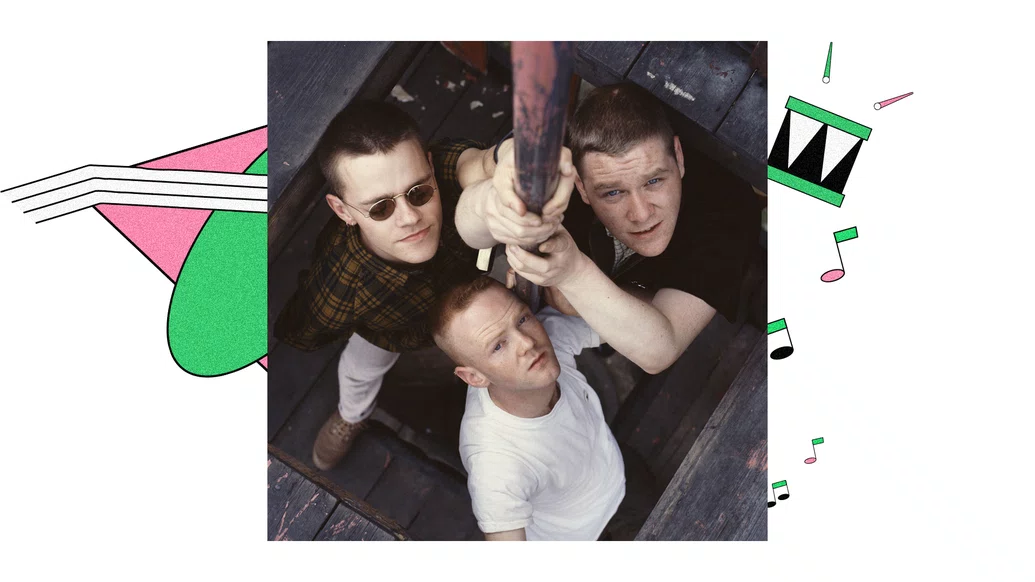
The real test for this emotive post-disco classic would come from the clubs, so Bell’s team took the single’s first pressed acetate straight from the cutting machine and into the heart of London’s gay club scene, Heaven. It was pioneering hi-NRG DJ, Ian Levine, who gave the track that fateful first spin during his longstanding residency at the venue and, after bringing the house to a frenzy with his first play, “he did something he never does,” Bell recalls. “He denies that he ever did it, but I know because I was there – he played it twice.”
The song was officially released on 25th May 1984. Eschewing the fateful ban of ‘Relax’, things picked up quickly on the radio thanks to support from Radio 1’s Peter Powell and Manchester’s Oxford Road Show. The boys would also grace the hallowed stage of Top Of The Pops, delivering their unapologetic ode to chosen family to TV sets across the country at prime time. In the month after its release, the single shot from No. 35 in the charts right up to No.3, cresting just behind Wham! and Frankie Goes To Hollywood in a trio of chart-topping queer excellence. “It just had an effect on people,” says Bell.
Bronski Beat followed the effort with singles ‘Why’ and ‘It Ain't Necessarily So’. The former focused on themes of homophobic prejudice in another campy video by Rose, in which the trio transformed a Victorian workhouse into a pulsing discotheque, and was dedicated to the memory of murdered gay playwright, Drew Griffiths. It would be their joyous ‘I Feel Love (Medley)’ that saw the trio, finally, go full-on diva. The eponymous Donna Summer classic not only borrows elements of ‘Love To Love You Baby’, but also finds the alluring vocal chops of Soft Cell’s Marc Almond and gay choir, The Pink Singers, suddenly coalescing into a veritable feast of dancefloor ecstasy, a fitting tribute to dancefloor dames that came before.
Stretching across their musical output, Bronski Beat’s beating heart was their keen involvement in political activism. ‘The Age of Consent’ had the number for the London Gay Switchboard scratched into the record’s inner groove; it listed the staggering differences in ages of consent for homosexual acts globally on the inside sleeve. They even went as far to reclaim the inverted pink triangle, used by Nazi’s to identify homosexual men during the holocaust, in its artwork.
But despite the initial unity in their mission to bring queer politics to the world stage, Somerville would wave goodbye to the band just a year after the breakout success of ‘Smalltown Boy’ owing to a dispute about joining Madonna’s ‘Like A Virgin’ tour in the US. “At the time, Jimmy didn't like Madonna,” says Bell. “She hadn't yet emerged as a gay icon as we know her today, so he refused to stay in the band for another six weeks. It costs a fortune in marketing spend to break records in the US and Jimmy's refusal led to his US label cancelling the marketing spend and the record company (MCA) let the song die in America.”
After Somerville’s departure, Bronski Beat welcomed John Foster into the fold, and continued to release music via London Records’ Forbidden Fruit imprint. As for Sommerville, he would achieve similar success fronting The Communards with Richard Coles (another fixture at that fateful 1983 GLC meeting). “It was difficult because I was working with both splinters at the same time,” says Thorne. “The new Bronski Beat was casting around for a vocal style and sound that didn't really click. And then, of course, The Communards really clicked.”
Thorne would again be responsible for the UK’s highest-selling single of 1986 with The Communards’ jubilant take on Thelma Houston’s ‘Don’t Leave Me This Way’, but in 1988, just two summers after Somerville’s first and only number one, they called it quits. By this point, the likes of Pet Shop Boys (whose keyboardist, Chris Lowe, once shared a house with Somerville) and New Order had already made serious inroads in bringing danceable synth music to the mainstream, while acid house and its subsequent underground derivatives would inevitably displace hi-NRG from the dancefloor, changing the face of UK club culture forever.
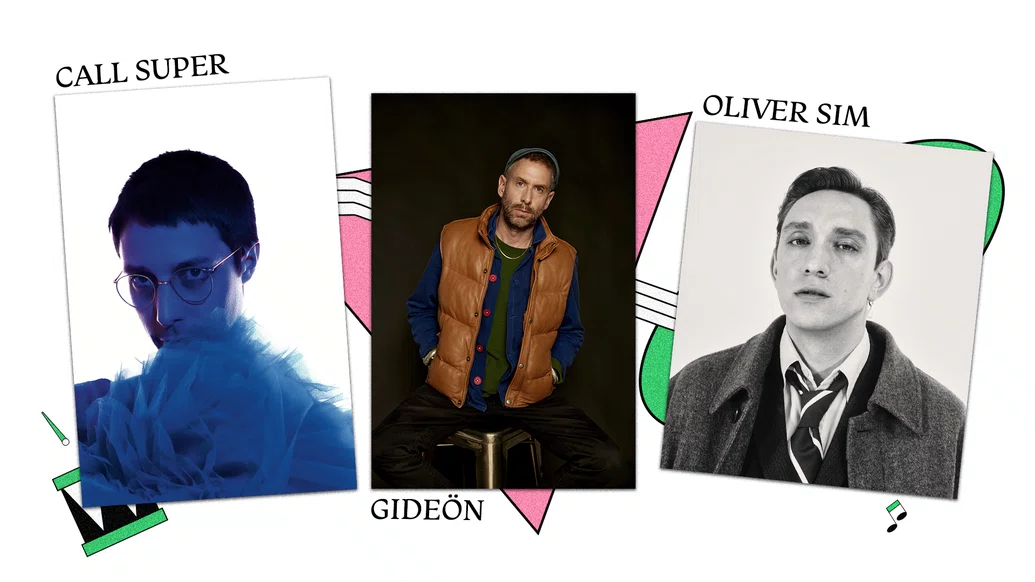
“‘Smalltown Boy’ wasn’t a lame union protest song, it was a beautifully put-together and poetic example of why faggotry, politics and dance music are all part of the same ecosystem. They’re indivisible from each other, and they always have been.” – Gideön
Nonetheless, four decades later, ‘Smalltown Boy’ remains a key cultural touchstone when referencing the queer underbelly of the 1980s. The band's headline Pits For Perverts concert at Camden’s Electric Ballroom was immortalised in 2014’s Pride; in 2017’s French ACT UP-focused film, 120 BPM, the track received a sexy, deep house rework by electronic musician Arnaud Rebotini. Just this year, it featured prominently in the trailer for the much-hyped lesbian romantic thriller, Love Lies Bleeding.
And let us not forget the song’s imprint on the mainstream pop canon: it’s been sampled by The Killers’ Brandon Flowers, and was interpolated by Swedish House Mafia’s Steve Angello and Axwell in their 2006 Supermode track, ‘Tell Me Why’, gracing a clubbier territory altogether in September’s iconic ‘Cry For You’.
In 2022, The XX’s Oliver Sim brought in Somerville as the only featured vocalist on his debut album ‘Hideous’. “I think he said, ‘use me like an instrument’,” recalls Sim, who can trace his transfixion of Somerville’s otherworldly vocals back to his childhood. On the album’s title track, those same, haunting siren calls provide an encouraging accompaniment to the revelation of Sim’s own HIV+ status, itself a recognition of the doors Bronski Beat booted open for him and other artists like him all those years ago.
Sim remembers sitting with Jamie XX and Somerville in the studio before recording the track, quizzing him on how exactly ‘Smalltown Boy’s’ legendary keyboard riff came to be, and being awestruck by the singer’s cavalier demeanour. “It was just an instinctual thing [for him],” says Sim, “which is where all the best, innovative and impactful music tends to come from.” Naturally, he keeps the singer’s lyric sheet from the session framed on his bedroom wall, complete with the shopping list Somerville wrote alongside them.
DJ Call Super is another artist that has long been enamoured by the track, choosing this “flawless piece of pop” to close their set with at Dekmantel’s Greenhouse stage back in 2022. “The song told me that I wasn't alone, that I could still make music and tell a story of personhood and it would be, for all its pain, uplifting and glorious."
For DJ, producer and Homo-Centric label founder Gideön, ‘Smalltown Boy’ remains one of those rare records for which the production and mix have never lost their power. “It still sounds fucking phat on a sound system, or when you're hearing it on a shitty, tinny radio," he says.
“The way that Bronski Beat built a narrative around a political endeavour was genius,” he continues, bringing the track’s enduring influence into full focus: a crucial link between the golden age of disco, queer liberation, the AIDS crisis, and the tribes of LGBTQ clubland today. “‘Smalltown Boy’ wasn’t a lame union protest song, it was a beautifully put-together and poetic example of why faggotry, politics and dance music are all part of the same ecosystem. They’re indivisible from each other, and they always have been.”
‘Smalltown Boy’ is being reissued on vinyl for its 40th anniversary and has been reworked by London DJ and producer ABSOLUTE. Get the details here.

